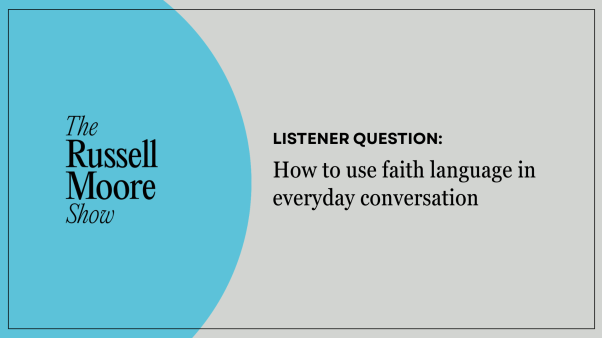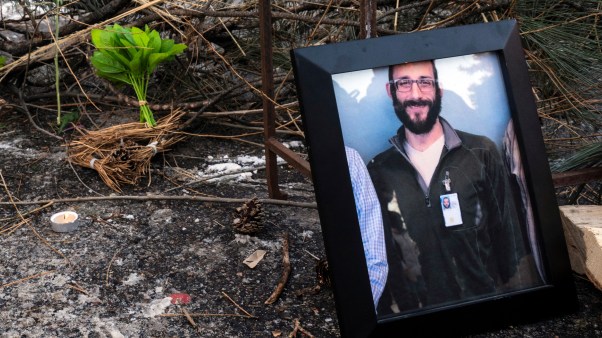One of the earliest guides for pastors, the Book of Titus, tells a church leader to address drinking problems in the church, to instruct people "not to be slanderers or addicted to much wine" (Titus 2:3). The need hasn't changed much.
The National Institutes of Health estimate that 17.6 million people—about one in every 12 adults—abuse alcohol or are alcohol dependent. It's highly likely that someone I talk with at church this week has a drinking problem. But it usually remains hidden.
I asked Julia Anne and Anne, two churchgoing members of Alcoholics Anonymous, "Is there any way to detect a member's drinking problem? If I suspect a problem, how can I bring it up? And how can I help the person?" Here is their street-smart wisdom.
How to spot a problem
Most people who have a drinking problem don't think they do. They tell themselves, "I don't drink before 5:00, I'm not in the gutter, I'm not living in my car, so what's the problem?" But here are indicators of an underlying issue.
- The person's life is convoluted, and you find yourself wondering, "Why does this situation just not add up?" When I met with Ron, his 20-year marriage was unraveling. His wife's behavior was becoming more eccentric. Nothing seemed to bring stability. So I asked, "How much does Cheri drink?" Ron replied, "More than I do. It's nothing for her to finish a bottle of wine a night."
- The person has difficulty following guidance. When you give direction, they accept it, but they can't follow through—this may indicate an unacknowledged addiction. A 25-year-old man came to me for pastoral help; he was repeatedly taking advantage of women he dated. He didn't want to; he knew it was wrong. Later in the conversation, I asked him, "You seem anxious. What do you do when you feel that way?" and he said, "I drink a few glasses of wine." In his life, alcohol was moving from enjoyment to medication, and it was contributing to his inability to stay chaste.
- The member's loved one says, "He doesn't remember things. I'll say, 'Don't you remember we talked about that?' and he doesn't." That may be due to drinking.
- The person grew up in an alcoholic family. Research shows that alcoholism runs in families. A person with alcoholic parents is at greater risk of developing a problem.
How to bring it up
It's a difficult subject to bring up. I might be wrong, and I don't want to offend. What to do? Julia Anne and Anne suggest:
- Ask about the person's background: "Did your dad or mom, or grandpa or grandma, drink a lot?"
- Ask about life routines: how many hours they work, how often they pray, and "How much did you have to drink in the past seven days?" People with a drinking problem will under-report, so follow up with, "Only that much?"
- If you've built trust, you might ask, "Have you ever thought there might be a connection between what you're facing and drinking?" The person will probably say, "No" or "I don't see that." At that point, ask, "Have you ever wondered if you're a normal drinker?" A normal drinker never wonders that. If the person has wondered, you can put his mind at rest by challenging him to an experiment for 30 days: to drink no more than one drink per day.
- If you feel you can be more direct, ask "Have you ever tried to stop drinking?" Or "If you have a drink, do you stop, or do you want another?" One of the symptoms of alcoholism is what's called "Loss of control, not being able to stop drinking once drinking has begun."
How to help
Most people with a drinking problem won't be able to stop on their own. They have a chronic and progressive disease, and they need ongoing counsel and a supportive community—and perhaps medication. They definitely need a physician's care as they go through withdrawal.
The two most well known recovery programs are Alcoholics Anonymous (www.aa.org) and Celebrate Recovery (www.celebraterecovery.com). Celebrate Recovery takes place in the context of a church, which can be helpful to a Christian in recovery. The downside is that in a church setting, people may not be as brutally honest, which is essential to recovery. AA is the granddaddy of recovery ministries, and they know how to help alcoholics. The choice may come down to availability: in my state, Illinois, AA holds 5,100 meetings every week, and Celebrate Recovery holds 59. But there's no forced choice, for someone may attend both.
—Kevin A. Miller is assistant pastor, Church of the Resurrection, Wheaton, Illinois. www.churchrez.org
Copyright © 2010 by the author or Christianity Today/Leadership Journal.Click here for reprint information on Leadership Journal.









